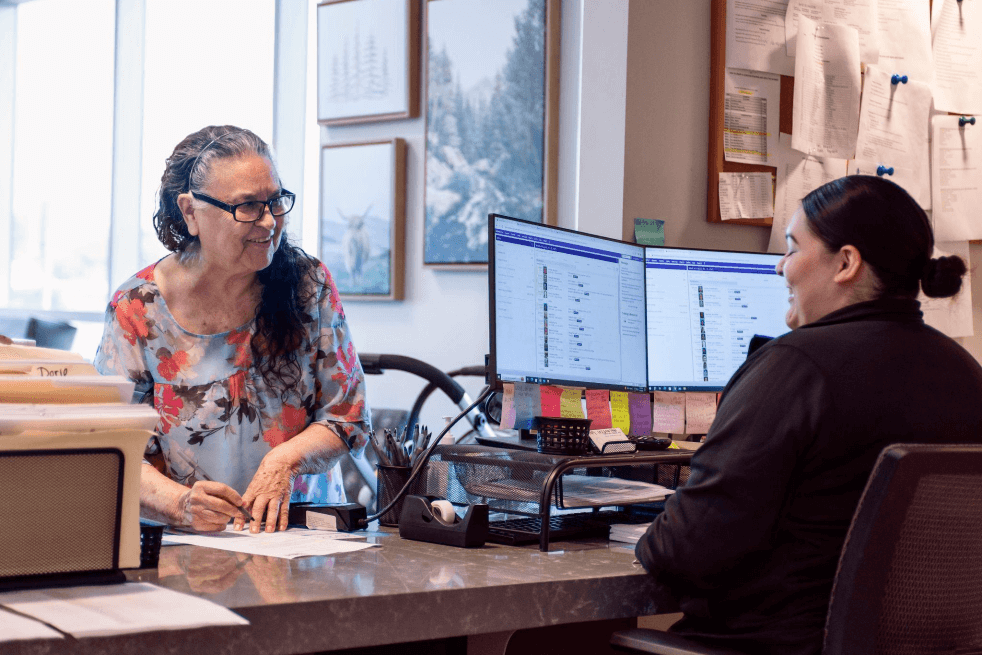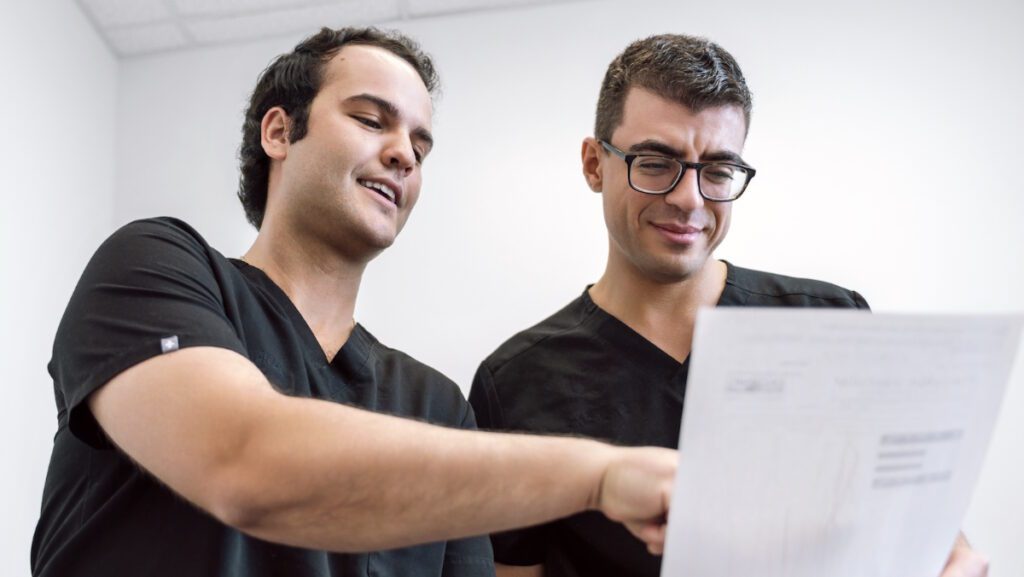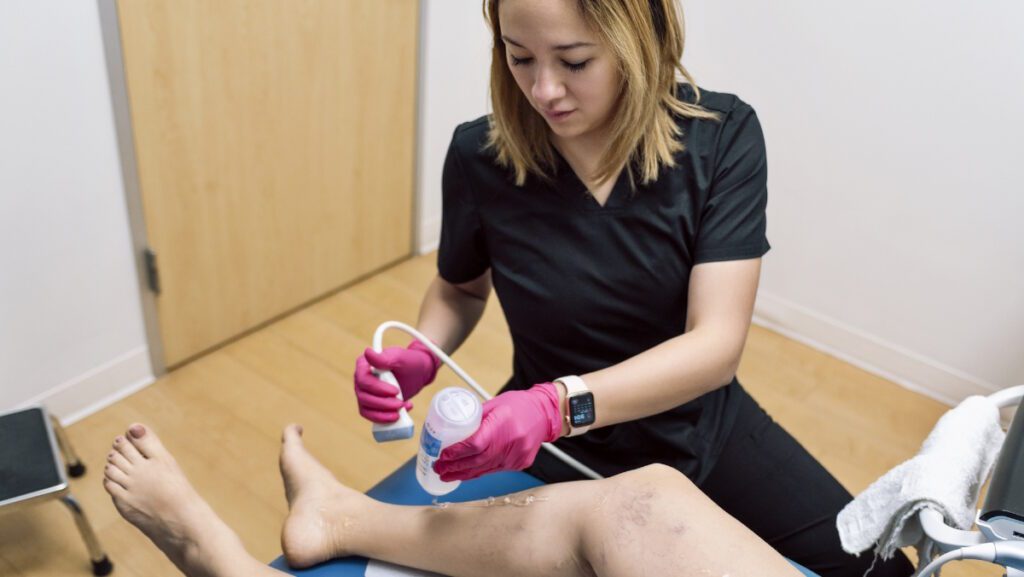Vein Procedure Prep: How to Prepare for Treatment
Author: StrideCare Internal Team

- Tired and heavy legs
- Swollen legs and feet
- Unsightly varicose veins
- Throbbing, achiness, or stabbing pain
- Cramping legs
- Itchy spider veins
- Numbness and tingling
- Prickling, pulling sensations
- Burning sensations
In your case, perhaps it has been nothing more than unsightly varicose veins and spider veins that keep you from wanting to show off your legs. Or maybe it’s something more serious where your legs constantly feel tired, heavy, and painful. Either way, you can’t wait to feel like your old self again—and our team of vascular experts is here to help.
Depending on your particular vein problem, there are options to cosmetically improve the look of your veins and eliminate a variety of painful symptoms. The good news is that modern medicine has advanced to the point where your doctor can treat veins in an outpatient setting under local anesthetic with no sedation.
7 Steps to Prepare for Your Vein Procedure
When it comes to preparing for a vein procedure, it is essential you prepare to maximize the success and comfort of the treatment. Here are a few tips to help you get ready:
- Consult with a Specialist
Before undergoing any vein procedure, it is crucial to have a consultation with a vein specialist. They will assess your condition, discuss the available treatment options, and determine the best course of action. By having this consultation, you will also have the opportunity to ask any questions you may have about treatment.

- Share Your Medical History
Prior to having a vein procedure, make sure to inform your doctor about any pre-existing medical conditions, allergies, or medications you are taking. This will help your doctor determine the most suitable treatment plan and ensure your safety during the procedure.
- Stop Medications
In some cases, your doctor may instruct you to stop taking certain medications or supplements before treatment. This may include blood thinners, herbal supplements, or over-the-counter pain relievers. Make sure to follow your doctor’s instructions precisely to minimize any potential risks or complications during the vein procedure.
- Follow Dietary Instructions
Depending on the type of vein procedure you are undergoing, your doctor may advise you to fast for a certain period before the procedure. This is particularly relevant if the procedure involves anesthesia or sedation. It is essential to adhere to these fasting instructions to minimize the risk of complications during the procedure.
- Arrange Transportation
Some vein procedures may require sedation or anesthesia, which can impair your ability to drive afterward. Therefore, it is essential to arrange transportation to and from the medical facility. We recommend having a family member or friend accompany you, ensuring your safety and comfort.
- Dress Comfortably
On the day of your vein procedure, make sure to wear loose and comfortable clothes. This will allow the medical staff to access the treatment area easily and ensure your comfort during the procedure.
- Follow Pre-Procedure Instructions
Your doctor will provide you with specific pre-procedure instructions, which may include showering with a specific soap, avoiding lotions or creams on the treatment area, or refraining from eating or drinking anything for a certain period before the procedure. These instructions are vital to ensure the success of the procedure, so it is crucial to follow them diligently.
More Treatment Options Than Ever
Having state-of-the-art technology and equipment to treat every vein issue imaginable is one thing, but it’s even more important to diagnose the exact problem in the first place. Vein screening is one of the most common and efficient diagnostic tools used to determine your vein health. There is no cutting, anesthesia, or scarring. It’s 100% non-invasive and non-surgical. Instead, we use ultrasound technology and X-ray to get a full view of your lower extremity circulatory system and its structures beneath the skin.

The goal of any of our vein procedures, which include sclerotherapy, microfoam ablation, and radiofrequency ablation, is to relieve your symptoms, reduce the risk of further complications, and improve leg appearance. Recent advances in image-guided technologies help patients avoid surgery and hospital admittances. The good news is that varicose veins and their uncomfortable symptoms can be treated as long as there is an accurate and early diagnosis coupled with the right solution based on your condition.
StrideCare Wants You To Have a Successful Vein Procedure
Remember, preparing for your vein procedure is just as important as the procedure itself. By following these steps, you can enhance the effectiveness of the treatment and ensure a smooth and comfortable experience.
StrideCare has long been a leader in performing leading-edge procedures to treat vein disease and symptoms that, while minor in their earliest stages, can eventually lead to more serious and life interrupting issues. Our specialty team includes vascular surgeons and vein specialists. This helps us stay on the cutting edge of medicine, helping patients avoid traditionally long invasive surgeries used in the past to treat vascular disease. More good news: treatments are covered by most medical insurances and Medicare. Plus, you can be treated at StrideCares outpatient clinics without ever having to visit the hospital.
Prior to starting any new treatment or questions regarding a medical condition, always seek the advice of your doctor or other qualified health provider. This information is not a substitute for professional medical advice.
StrideCare serves the South Texas area including Houston, San Antonio, Austin, Round Rock, Bastrop, Brushy Creek, Cedar Park, Converse, Georgetown, Hutto, Kyle, Leander, Marble Falls, New Braunfels, Pasadena, Pearland, Pflugerville, San Marcos, Schertz, Houston, Sugar Land, Katy, Webster, Bay City, Clear Lake, Lake Jackson, The Woodlands, Universal City, Spring, Kingwood, Stafford, Conroe, Texas City, Cypress, League City, Bellaire, and more.


